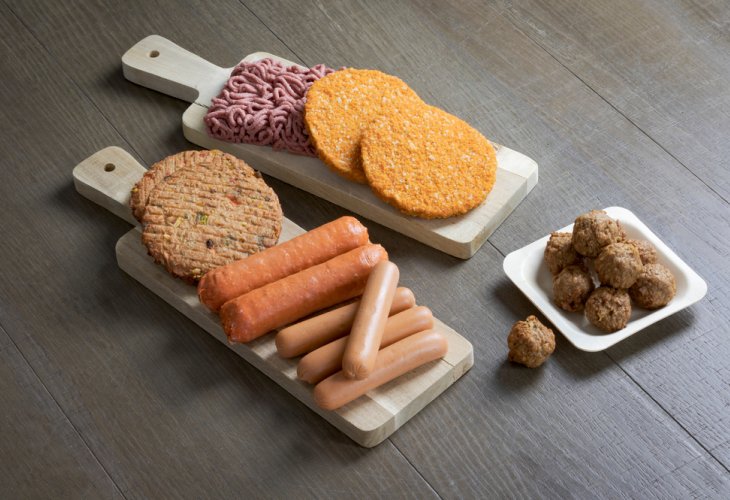Health and Nutrition
Cancer Experts Warn: Processed Meats and Alcohol Among Top Foods to Avoid
Learn which everyday foods increase your cancer risk, and how small dietary changes can help prevent colon, breast, and liver cancer
 (Photo: shutterstock)
(Photo: shutterstock)Cancer specialists have issued a public warning that could help save countless lives. According to leading researchers, avoiding certain popular foods that contain harmful chemicals may significantly reduce your risk of developing colon, breast, and liver cancer.
Processed Meats: A Major Risk Factor
One of the primary culprits, experts say, is processed meat which is any meat that has undergone treatment to extend shelf life, especially through the use of chemical preservatives like nitrates. These substances are believed to damage the intestinal lining, which plays a crucial role in nutrient absorption and digestion.
Hot dogs and salami are examples of processed meats that should be limited, or better yet, avoided. Researchers categorize processed meat as a Group 1 carcinogen, placing it in the same risk category as smoking and alcohol.
Alcohol: No Safe Level
The second major risk factor identified is alcohol, including beer, wine, and spirits. According to the experts, alcohol consumption increases the risk of at least six types of cancer, including:
Mouth
Throat
Esophagus
Breast
Liver
Colon
Matthew Lambert, a nutritionist from the World Cancer Research Fund, told international media: “When it comes to alcohol, there are no health benefits. The scientific evidence is strong that all forms of alcohol are linked to cancer.”
Lambert also pointed out that excessive calorie intake from alcohol and unhealthy foods can lead to weight gain, which is another key cancer risk factor.
Red Meat and Other Foods to Limit
While not as dangerous as processed meat, red meat (like beef and lamb) has also been linked to increased risk of colorectal, stomach, and pancreatic cancer. That said, red meat does have nutritional benefits, and is a rich source of iron, which helps produce red blood cells and supports wound healing. Moderation is key.
Other foods experts advise limiting include:
Fried foods
Sugary snacks like cakes, biscuits, pastries
Sugary drinks
Fast food and highly processed convenience meals
Lambert adds: “These types of foods are low in fiber and essential nutrients. They should only be eaten occasionally and in small quantities.”
Cutting back on processed meats, alcohol, and heavily processed or sugary foods isn’t just a diet choice — it’s a cancer prevention strategy. Replacing them with whole foods, fiber-rich vegetables, and nutrient-dense meals can drastically reduce your long-term health risks. Sometimes, what you don’t eat is just as important as what you do.

